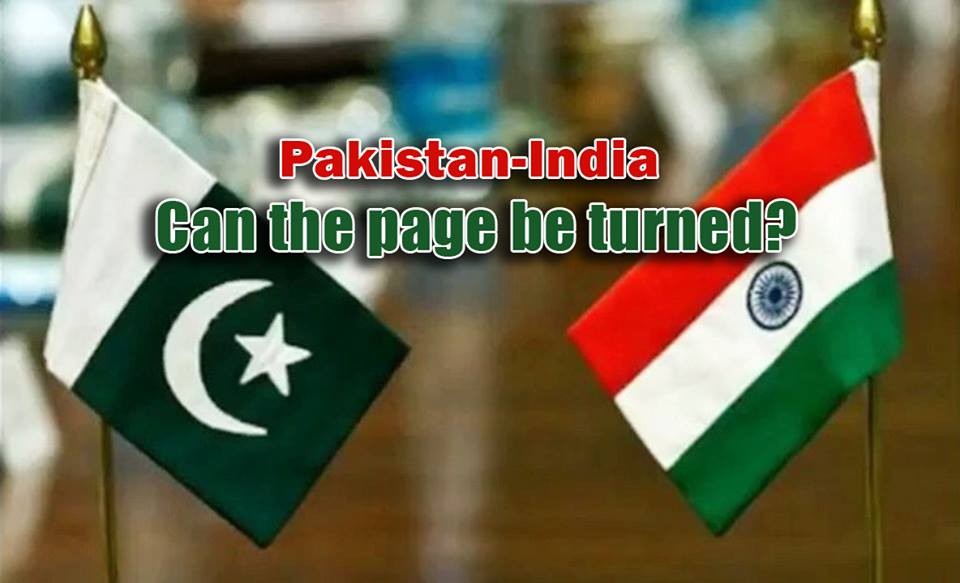

Terrorism for India, Kashmir for Pakistan, the inclusion of both the issues in the resumed dialogue process between India and Pakistan seems like a good beginning.
Also, Indian Foreign Minister, Sushma Swaraj’s statement in the Lok Sabha after her recent visit to Pakistan, saying that war is not an option with Pakistan and dialogue is the way forward to fight terrorism, can be seen as a good omen for both the countries. Would the two sides be able to go any further?
Seven years after the Mumbai attacks, which had pushed the two countries in a confrontational mode, Pakistan and India once again decided to hold talks when Prime Ministers Nawaz Sharif and Narendra Modi met in Ufa, Russia, in July and then in Paris on November 30 on the sidelines of the climate change summit. To follow it up, the national security advisers (NSAs) of the two countries met in Bangkok on December 6.
Termed as "composite dialogue" originally, and later known as "resumed dialogue" whether the now "comprehensive bilateral dialogue" sees progress on the issues, if not an outcome, acceptable to the two sides remains to be seen.
The road to better relations between India and Pakistan continues to be bumpy and long-winding. While a visit of an Indian political figure to Pakistan or vice versa causes a sudden surge of high hopes for peaceful relations, it contains within itself the risk of a reversal of the whole peace initiative, too, thanks to certain elements in the two countries that do not realise the necessity of peace for the billions of mouths to feed at home.
Understandably, the existing and emerging world powers, like the US and China, also see stability of their economic future in a stable South Asia. And this is the new dimension that has emerged in the Indo-Pak relations where regional economic ties would probably force the traditional hurdles on the backburner.
There is a lot of positive ground to lay the foundations of this peace effort on. In today’s Special Report, we have also tried to focus on the bilateral agreements, written and unwritten, that still hold and have been consistently maintained in the last 68 years.
For now, it gives hope that the two sides have asked their foreign secretaries to formulate a timetable for secretary level talks on all the 10 issues that form the new dialogue process. It’s time to be optimistic again.